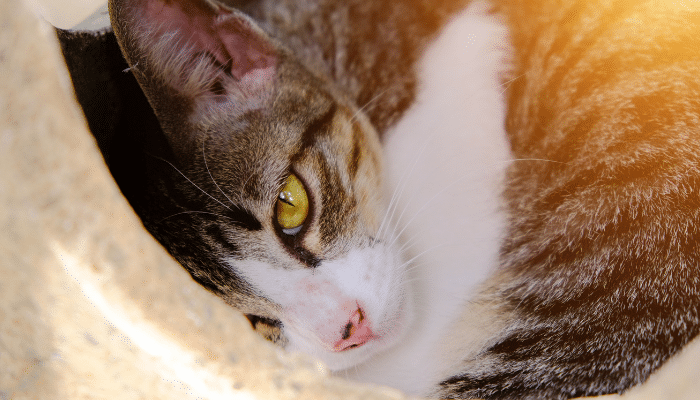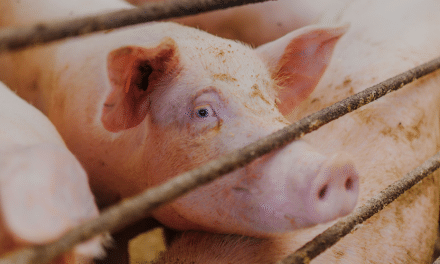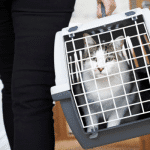by the A-Law companion animals working group
At long last, cats in England will have stronger protections under the law. After years of campaigns from action groups, cat owners and more, on March 13 Parliament announced new legislation introducing mandatory cat microchipping.
The new law affects pet cats, and not cats that live freely with little or no human interaction. Under the new law, owners have until 10 June 2024 to have a microchip implanted in their cats, and the chip’s details must be registered, stored, and kept up to date on a pet microchipping database. If a cat is discovered to be without a microchip after this date, the owners will be given 21 days to have one implanted or they will be fined £500.
Cats Protection’s Head of Advocacy, Campaigns & Government Relations, Madison Rogers, said:
“Cats Protection is delighted that pet cats in England will be given the same protection as dogs when it comes to microchipping. The charity regularly reunites owners with their much-loved cats, and in most cases this is only possible thanks to microchips. No matter how far from home they are found, or how long they have been missing, if a cat has a microchip there is a good chance that a lost cat will be swiftly returned home.”
Under the law, cats will require the implantation of a microchip under their skin once they reach the age of 20 weeks. Microchips, about the size of a grain of rice, have unique serial numbers that must be registered on a database, so that when the animal is found, a scanner can detect and read the microchip, allowing the registered keeper to be identified on the database.
The newly announced law comes nearly seven years after The Microchipping of Dogs (England) Regulations 2015 went into effect (effective April 2016). Given that England prides itself on being a nation of pet lovers, the length of time it took for pet cats – of which there are more than 9 million – to be granted this protection that dogs received so many years ago is curious, especially given many cats’ propensity for wandering away from home. But despite the wait, we are pleased that the Government has finally made good on its pledge.
In December 2020, the Government opened a consultation and call for evidence on the subject of whether cat microchipping should be compulsory, as it is for dogs. The Government received more than 33,000 responses to the consultation, and an astounding 99% favoured implementing such a law. https://www.gov.uk/government/consultations/cat-and-dog-microchipping-and-scanning-in-england Given such incontrovertible feedback from experts, academics, professionals, and cat owners alike, the Government pledged to deliver on this new law.
As we have discovered with dog microchipping, the system is not perfect and many issues need to be addressed. For instance, too many disparate microchip registers exist, with no central database that makes checking an animal’s chip simple or straightforward, issues that groups continue to examine. We are hopeful that this new attention to the microchipping laws signifies greater revisions and reforms, and perhaps rehauling, of the system to come. Even with the problems, however, microchipped dogs that become lost have been more than twice as likely to be reunited with their owners. As such, this is a fantastic start to ensuring the safety of all of our pets, not just some.


















